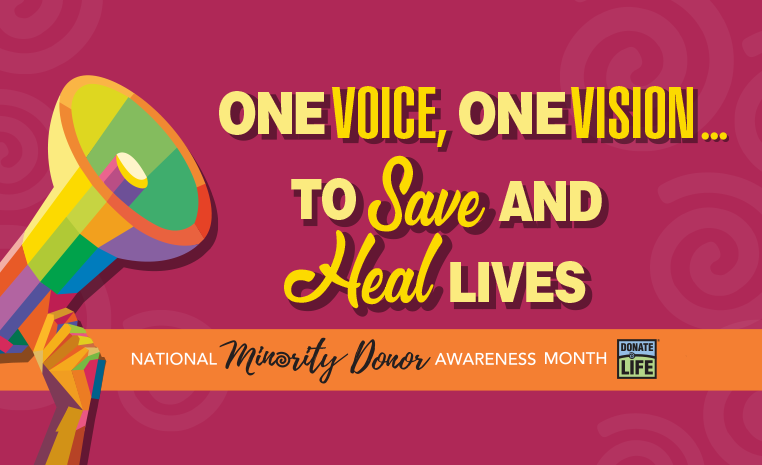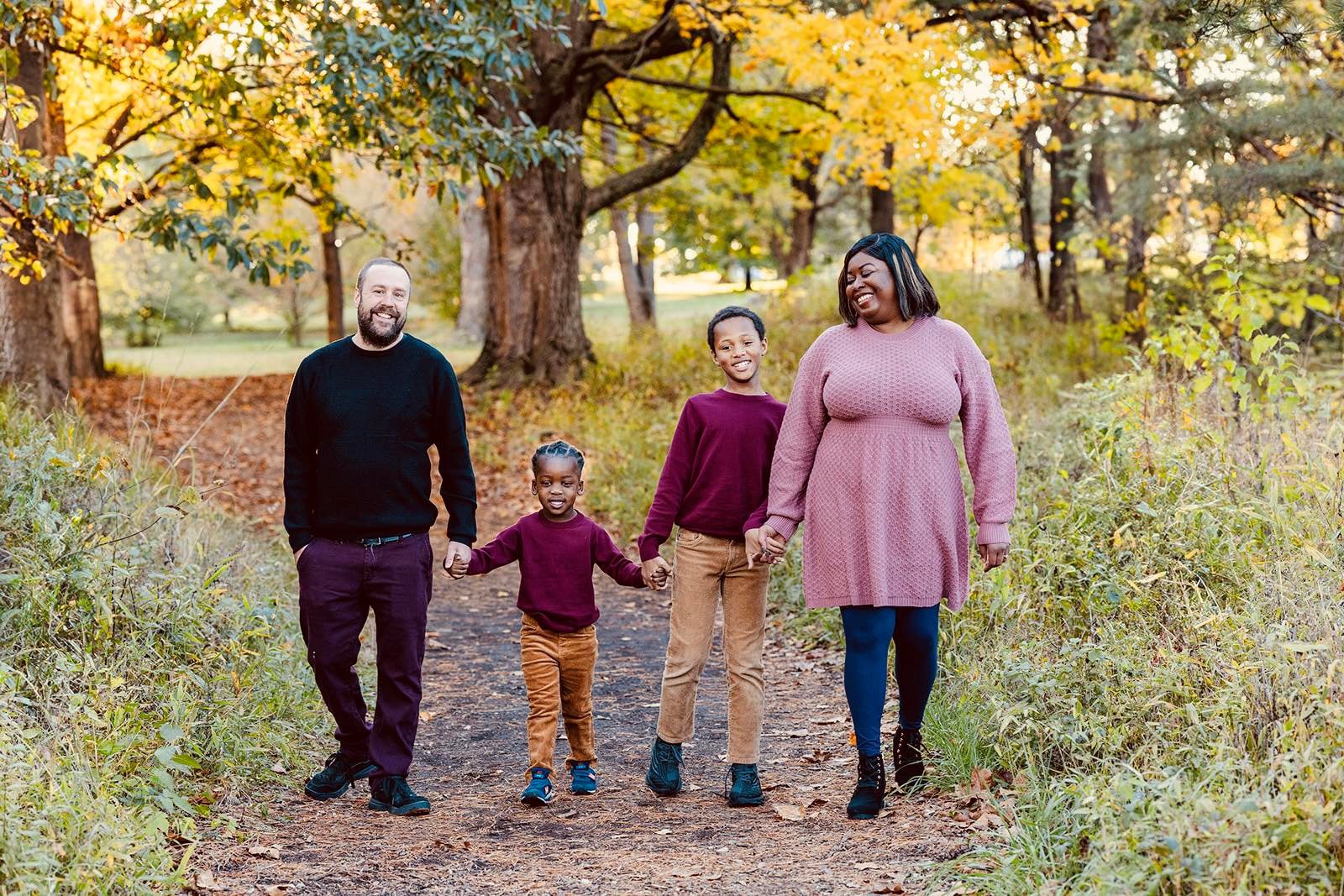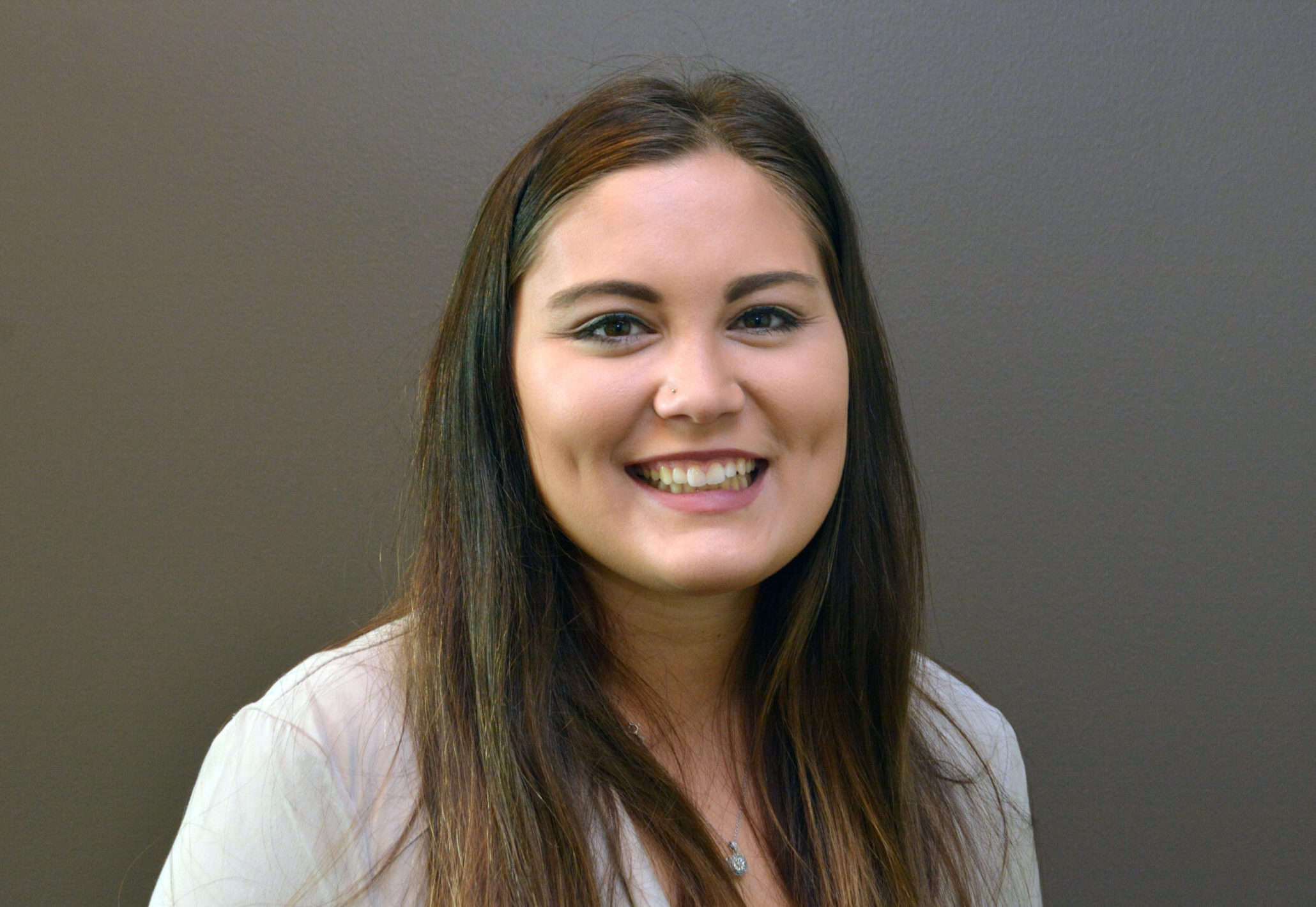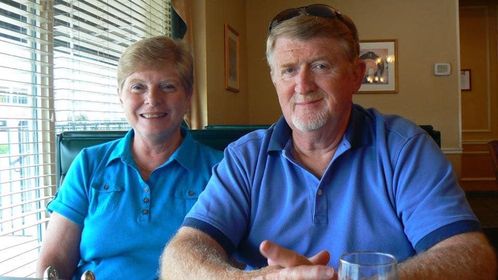The need for lifesaving organ transplants nationwide is great, regardless of race and ethnicity, age or sex. However, when it comes to race and transplants, there’s an even greater need for organ transplants among diverse communities. Minorities make up the majority of those on the waitlist for an organ transplant across the US. The National Minority Donor Awareness Month, a collaborative effort by the National Organ, Eye and Tissue Donation Multicultural Action Group, celebrated nationally in August, has a mission to reduce the waitlist.
By changing the conversation around organ, eye, and tissue donation across all ethnicities, the National Minority Donor Awareness Month hopes to help save and heal the lives of diverse communities and bring heightened awareness to the health disparities that exist for minorities. Equally important is to encourage more people of color to sign up as organ, eye, and tissue donors. You can do so here.
Greater need for organ transplants in communities of color
The National Minority Donor Awareness Month brings together people across the country to address a significant issue in transplantation: the gap between the demand for organ transplants and the supply of donated organs. The availability of viable, lifesaving organs from diverse donors fails to match the increasing demand. Right now, nearly 110,000 people are waiting for a lifesaving transplant in the US, with 60% of those representing racial and ethnic minorities. African Americans are the largest group of ethnically diverse patients in need of organ transplants. In 2020, a record number of nearly 40,000 people received the gift of life, while just 18,000 of those were recipients of color. And in 2018, over 16% of all transplant recipients were of Hispanic origin.
Why people of color may be more likely to need transplants
Every nine minutes, another person is added to the waiting list, so the need for organ donors affects all communities. Data continues to show that minority ethnic groups are more likely to need a lifesaving organ transplant. Why? Certain diseases that can lead to organ failure, such as diabetes and high blood pressure, are more prevalent in diverse communities. According to the National Institute of Diabetes and Digestive and Kidney Diseases, “African Americans, Hispanics, and Pacific Islanders are three times more likely than Caucasians to suffer from end-stage renal disease, often as a result of high blood pressure and other conditions.” Plus, the rate of African Americans who have kidney failure caused by high blood pressure is 20 times higher than Caucasians.
Building awareness around the need for diverse donors
The need is real for diverse populations. Although it’s not necessary for organ transplant candidates to match based on race or ethnicity, transplant matches within ethnic groups can be more compatible and successful. And with nearly 60% of the national transplant waiting list reflecting people from communities of color, Black and Hispanic donors are more likely to be a match. That’s why efforts like the National Minority Donor Awareness Month are so important at encouraging more people in all communities to register as organ, eye, and tissue donors.
After being on dialysis for a number of years, Teresa Harvey got the call that she would be the recipient of a kidney transplant. “When I got the call, I was in almost disbelief,” she says. “Had it not been for the donor and the donor’s family that agreed to offer up the organs and tissue, I don’t know where I would be to this day. I can’t thank them enough.”
Each type of organ, eye, and tissue donation brings hope for the thousands of people awaiting transplants. Donation empowers transplant patients to take back life’s most important moments. Have you added your name to the organ donor registry? By registering as an organ, eye, and tissue donor, you can bring hope to patients and families who are holding out for a miracle and bridge the gap between the demand for organ donations and the availability of viable, lifesaving organs from diverse donors. Sign up for the donor registry and increase the chance that patients waiting will get the transplants they need to survive.



